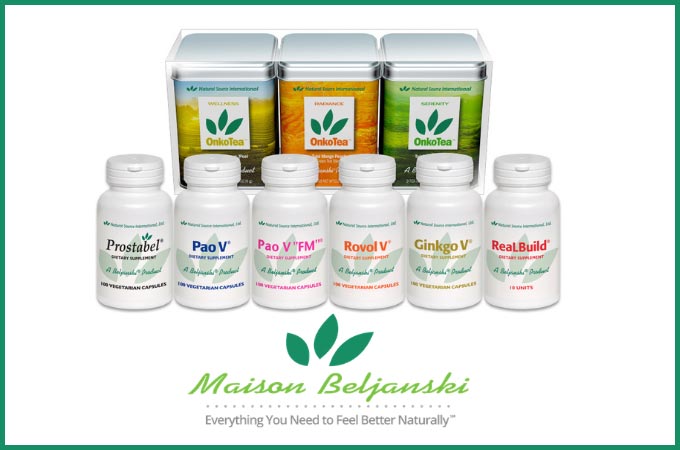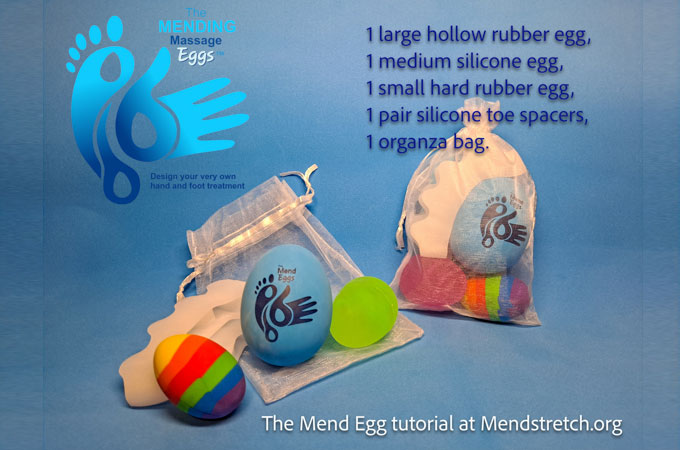My Top 12 Cancer Prevention Strategies
There is so much you can do to lower your risk for cancer. But please don’t wait until you get the diagnosis—you have to take preventative steps NOW. It’s much easier to prevent cancer than to treat it, once it takes hold. I believe you can virtually eliminate your risk of cancer and chronic disease, and radically improve your chances of recovering from cancer if you currently have it, by following these relatively simple strategies.
- Food Preparation: Eat at least one-third of your food raw. Avoid frying or charbroiling; boil, poach or steam your foods instead. Consider adding cancer-fighting whole foods, herbs, spices and supplements to your diet, such as broccoli, curcumin and resveratrol. To learn more about how these anti-angiogenetic foods fight cancer, please see our previous article: "Dramatically Effective New Natural Way to Starve Cancer and Obesity."
- Carbohydrates and Sugar: Reduce or eliminate processed foods, sugar/fructose and grain-based foods from your diet. This applies to whole unprocessed organic grains as well, as they tend to rapidly break down and drive up your insulin level. The evidence is quite clear that if you want to avoid cancer, or you currently have cancer, you absolutely MUST avoid all forms of sugar, especially fructose, which feeds cancer cells and promotes their growth. Make sure your total fructose intake is around 25 grams daily, including fruit.
- Protein and Fat: Consider reducing your protein levels to one gram per kilogram of lean body weight. It would be unusual for most adults to need more than 100 grams of protein and most likely close to half of that amount. Replace excess protein with high-quality fats, such as organic eggs from pastured hens, high-quality meats, avocados, and coconut oil.
- GMOs: Avoid genetically engineered foods as they are typically treated with herbicides such as Roundup (glyphosate), and likely to be carcinogenic. A French research team that has extensively studied Roundup concluded it’s toxic to human cells, and likely carcinogenic to humans. Choose fresh, organic, preferably locally grown foods. Animal-Based Omega-3 fats: Normalize your ratio of omega-3 to omega-6 fats by taking a high-quality krill oil and reducing your intake of processed vegetable oils.
- Natural Probiotics: Optimizing your gut flora will reduce inflammation and strengthen your immune response. Researchers have found a microbe-dependent mechanism through which some cancers mount an inflammatory response that fuels their development and growth. They suggest that inhibiting inflammatory cytokines might slow cancer progression and improve the response to chemotherapy. Adding naturally fermented food to your daily diet is an easy way to prevent cancer or speed recovery. You can always add a high-quality probiotic supplement as well, but naturally fermented foods are the best.
- Exercise: Exercise lowers insulin levels, which creates a low sugar environment that discourages the growth and spread of cancer cells. In a three-month study, exercise was found to alter immune cells into a more potent disease-fighting form in cancer survivors who had just completed chemotherapy.
- Researchers and cancer organizations increasingly recommend making regular exercise a priority in order to reduce your risk of cancer, and help improve cancer outcomes. Research has also found evidence suggesting exercise can help trigger apoptosis (programmed cell death) in cancer cells. Ideally, your exercise program should include balance, strength, flexibility, high intensity interval training (HIIT). For help getting started, refer to my Peak Fitness Program.
- Vitamin D: There is scientific evidence you can decrease your risk of cancer by more than half simply by optimizing your vitamin D levels with appropriate sun exposure. Your serum level should hold steady at 50-70 ng/ml, but if you are being treated for cancer, it should be closer to 80-90 ng/ml for optimal benefit. If you take oral vitamin D and have cancer, it would be very prudent to monitor your vitamin D blood levels regularly, as well as supplementing your vitamin K2, as K2 deficiency is actually what produces the symptoms of vitamin D toxicity. To learn more, please see my previous article: "What You Need to Know About Vitamin K2, D and Calcium".
- Sleep: Make sure you are getting enough restorative sleep. Poor sleep can interfere with your melatonin production, which is associated with an increased risk of insulin resistance and weight gain, both of which contribute to cancer’s virility.
- Exposure to Toxins: Reduce your exposure to environmental toxins like pesticides, herbicides, household chemical cleaners, synthetic air fresheners and toxic cosmetics.
- Exposure to Radiation: Limit your exposure and protect yourself from radiation produced by cell phones, towers, base stations, and Wi-Fi stations, as well as minimizing your exposure from radiation-based medical scans, including dental x-rays, CT scans, and mammograms.
- Stress Management: Stress from all causes is a major contributor to disease. Even the CDC states that 85 percent of disease is driven by emotional factors. It is likely that stress and unresolved emotional issues may be more important than the physical ones, so make sure this is addressed. My favorite tool for resolving emotional challenges is Emotional Freedom Techniques (EFT).
Click here to continue reading
























